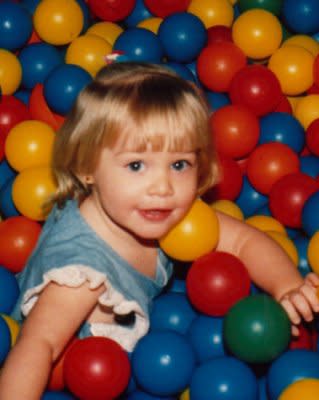Lying toddlers: More likely to succeed?
Canadian researchers say that (almost) all kids bend the truth - and that an early ability to lie is proof of 'executive functioning'
by THE WEEK

While deceitful children are not generally admired - or easy to parent - a new study by the University of Toronto's Institute of Child Study suggests that kids who figure out how to twist the truth at an extra-young age may be more successful in life than those who don't get the hang of it until later. Here's a quick guide to the findings:
How did the study work?
The hidden-camera exercise focused on 1,200 subjects between the ages of 2 and 17 - using different techniques depending on age. Younger children were told not to peek at a toy left behind their backs after researchers left the room, while older kids were given a written test, with "phony questions", and instructed not to check the answers on the back.
What did the researchers find?
While only 20 percent of 2-year-olds had figured out how to tell lies, 90 percent of the 4-year-olds, and nearly every 12-year-old in the study had mastered the art of telling fibs.
Shouldn't parents be horrified?
Not at all, says Dr. Kang Lee, the institute's director. In small children, lying can indicate intelligence; it requires cognitive agility to juggle the truth and the lie in their brains at the same time, a skill Lee calls "executive functioning." Most children, the study shows, lie regardless of their parents' examples. "Surprisingly," says Fay Schlessinger in the London Daily Mail," children's aptitude for fibbing was not influenced by strict parenting or a religious upbringing."
But won't lying kids become lying adults?
Not necessarily. The study concluded that the temptation to lie fades; only 70 percent of the 16-year-olds misled researchers when asked if they'd cheated on the test. And the researchers found no link between telling lies as a child and becoming a cheat as an adult. They even concluded that quick-thinking 2-year-olds' ability to manipulate information could translate into professional success ...of a sort. "They may make bankers later in life," Lee said.
Sources: BBC News, NY Daily News, Daily Mail, Made for Mums
Get More From THE WEEK:
Should babies be allowed in bars?
Spank a baby, raise a bully?

